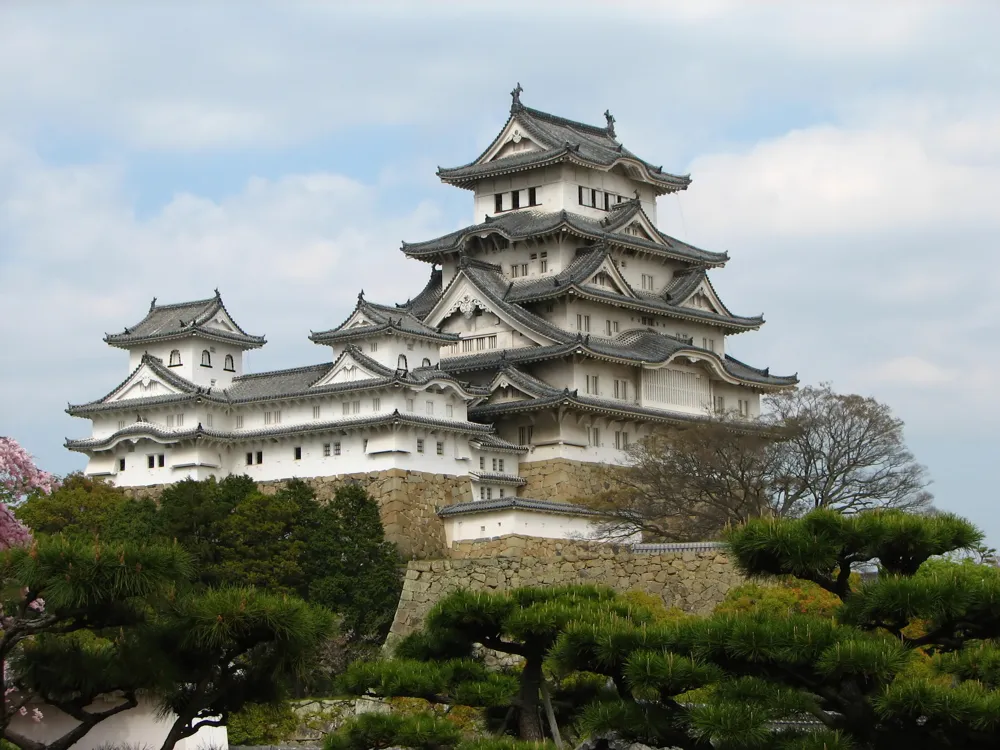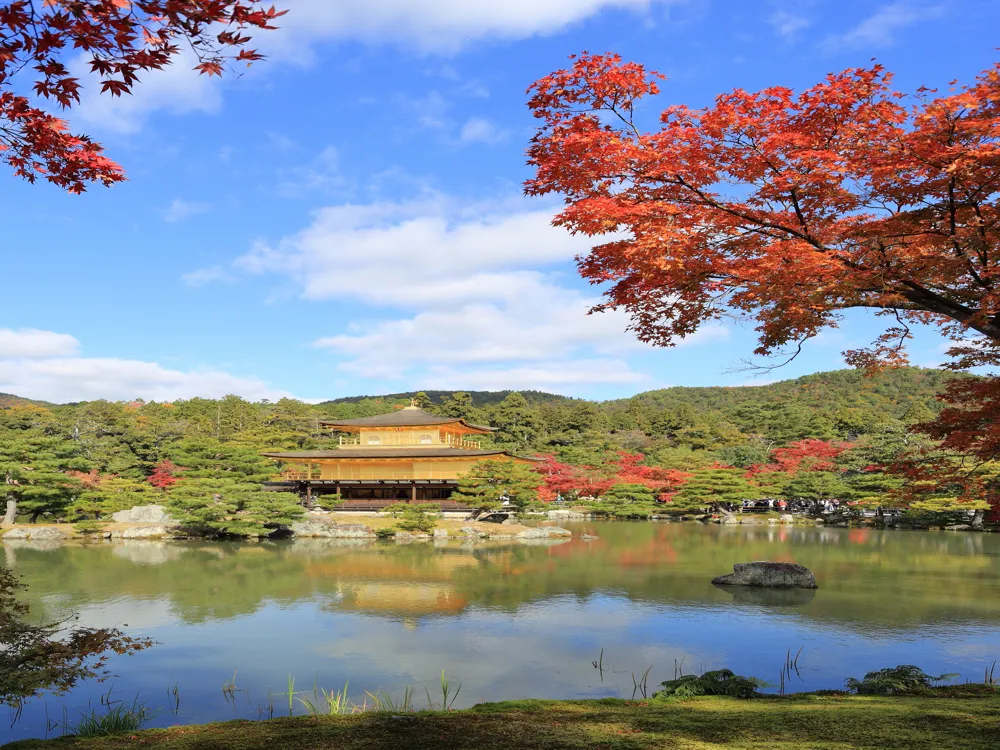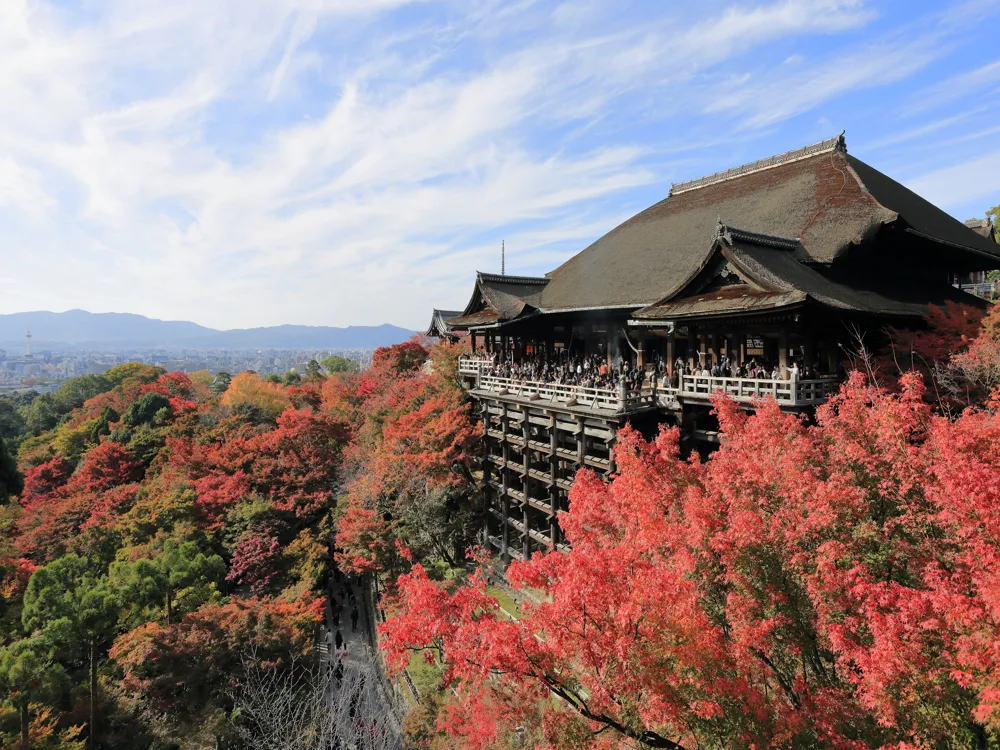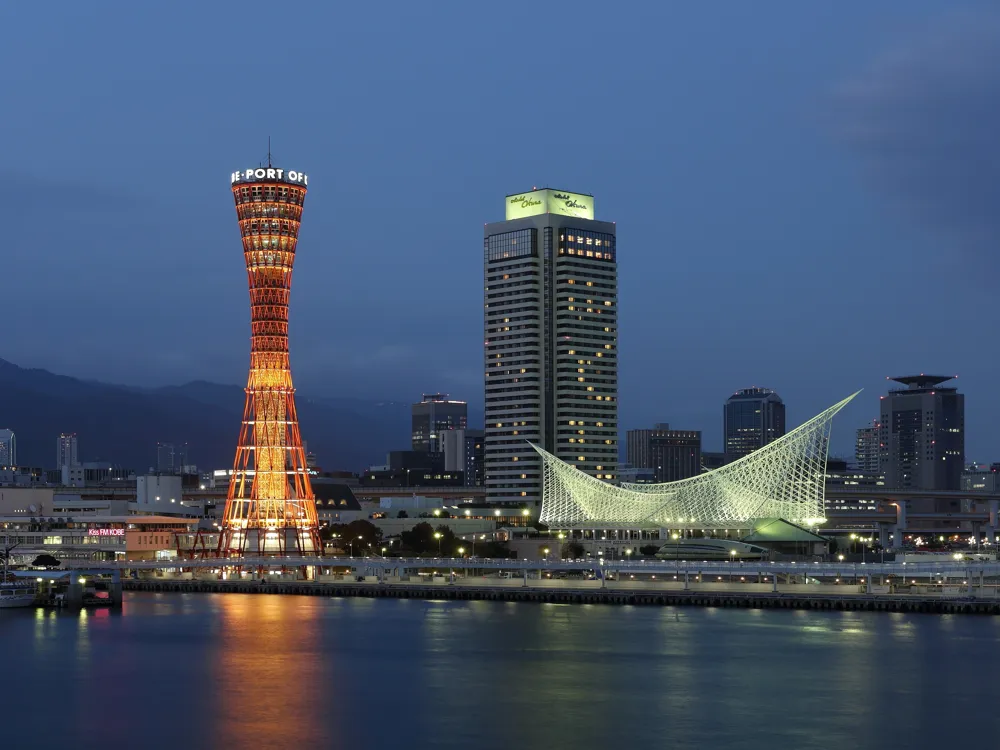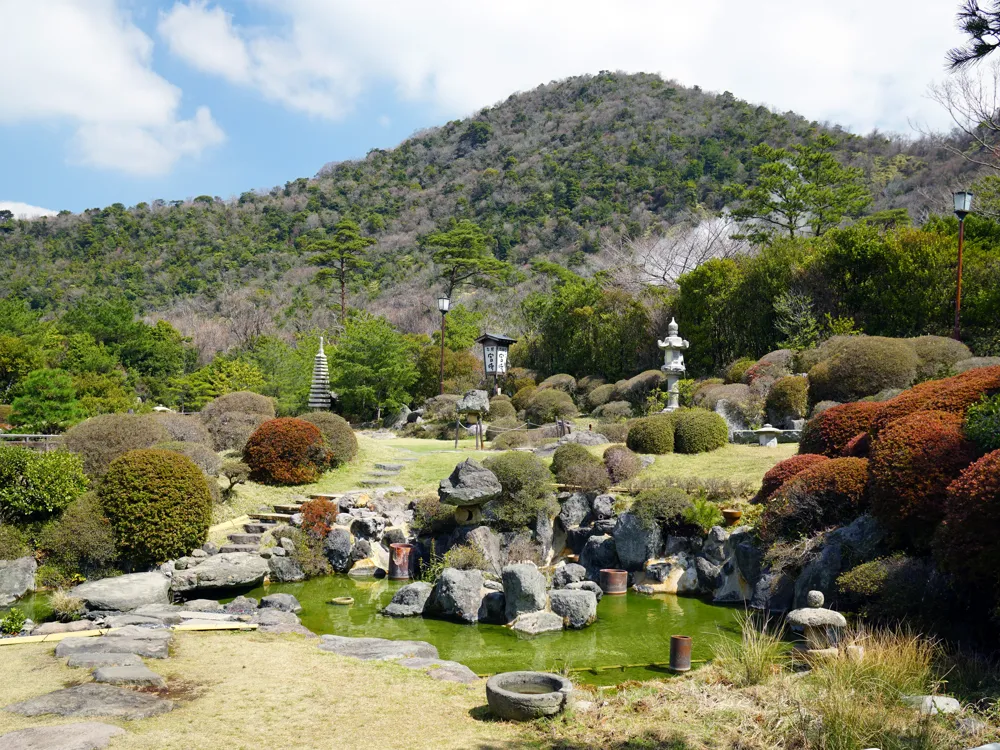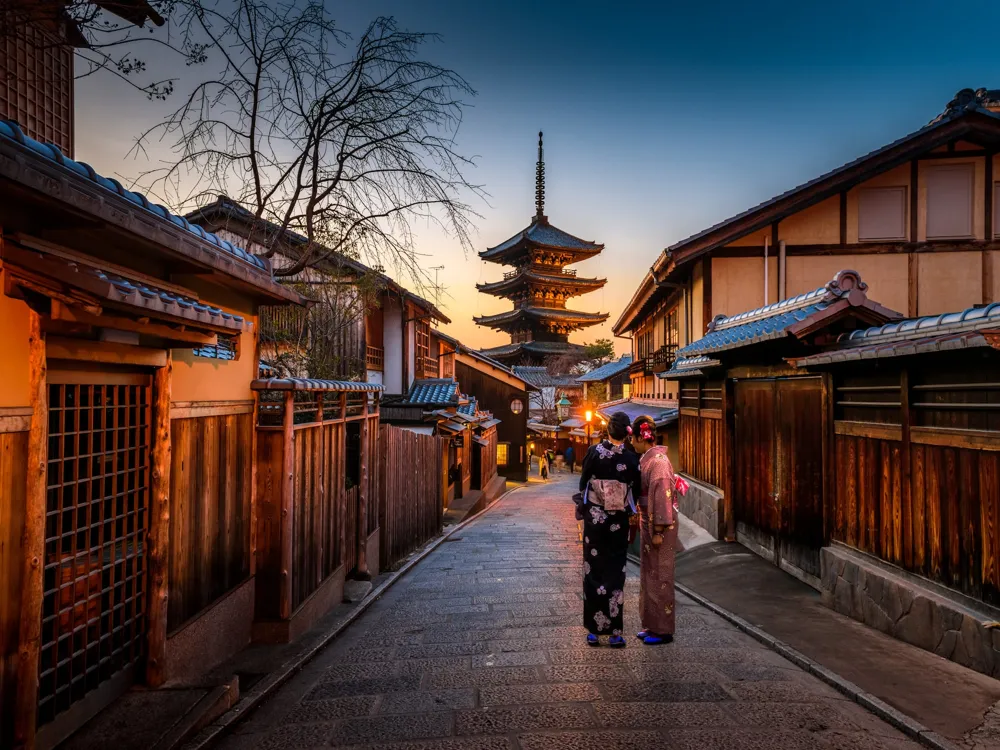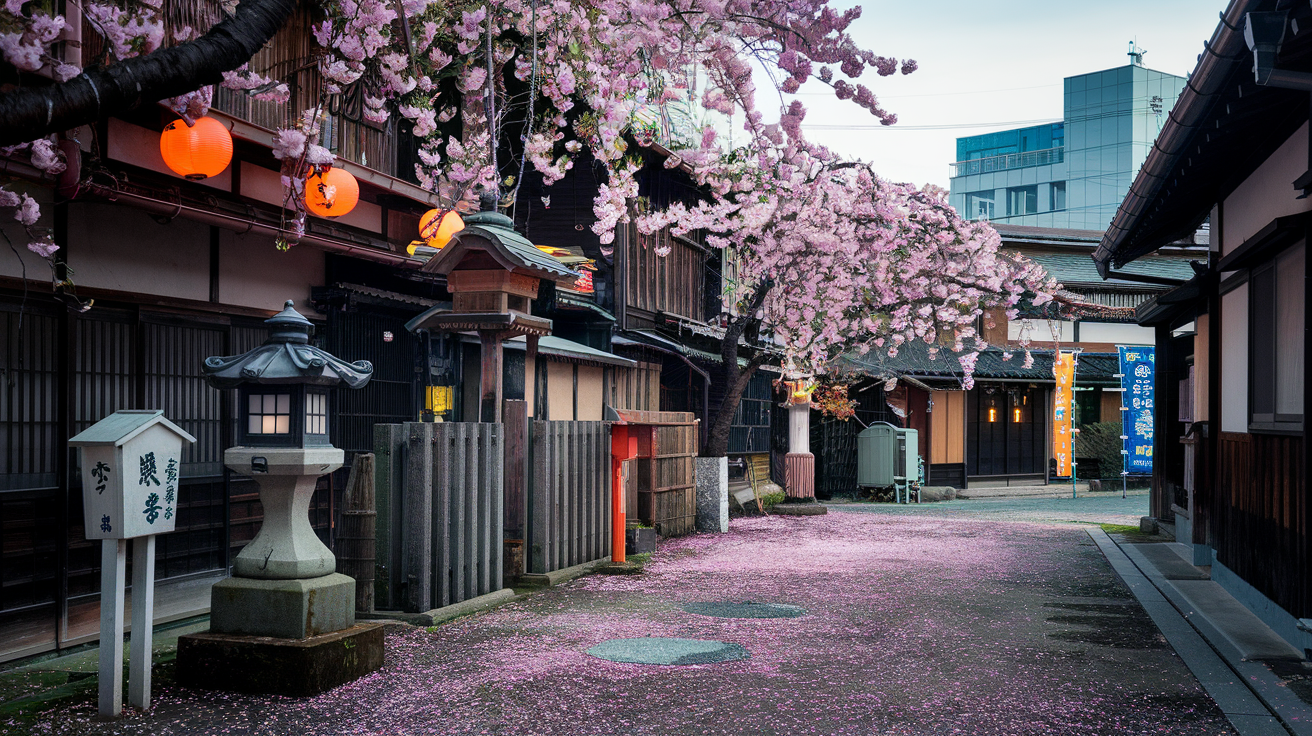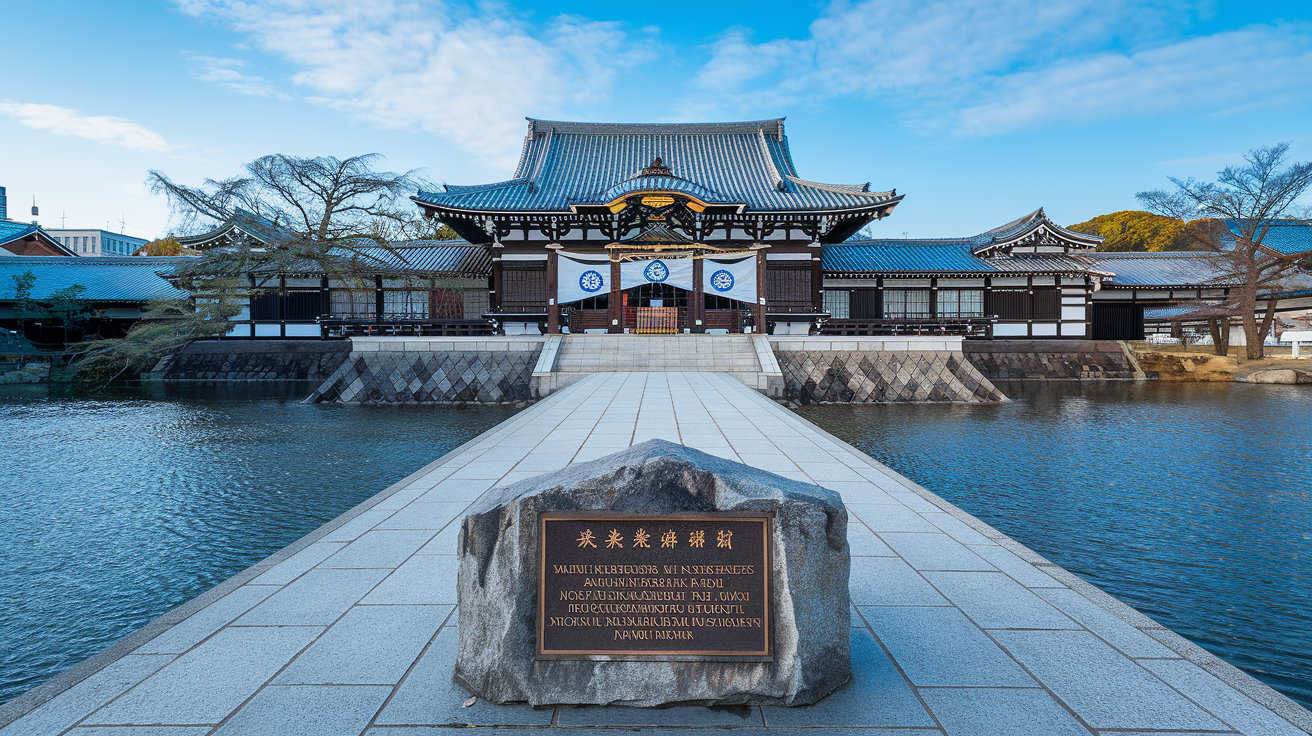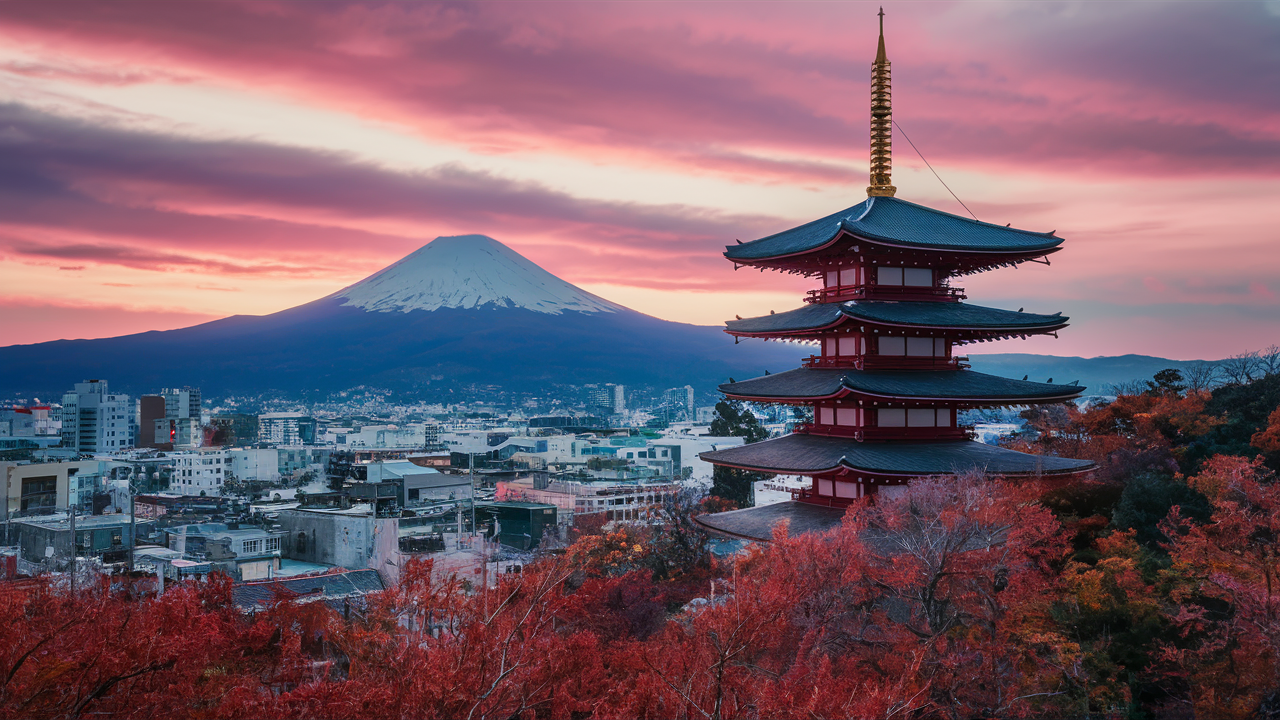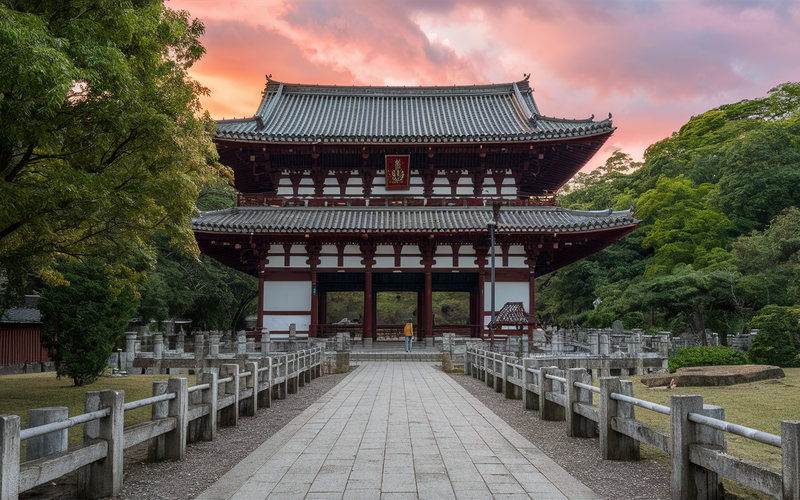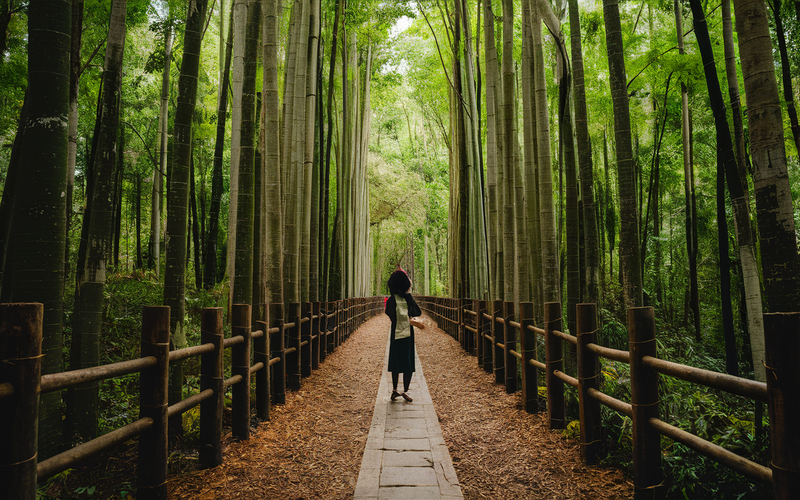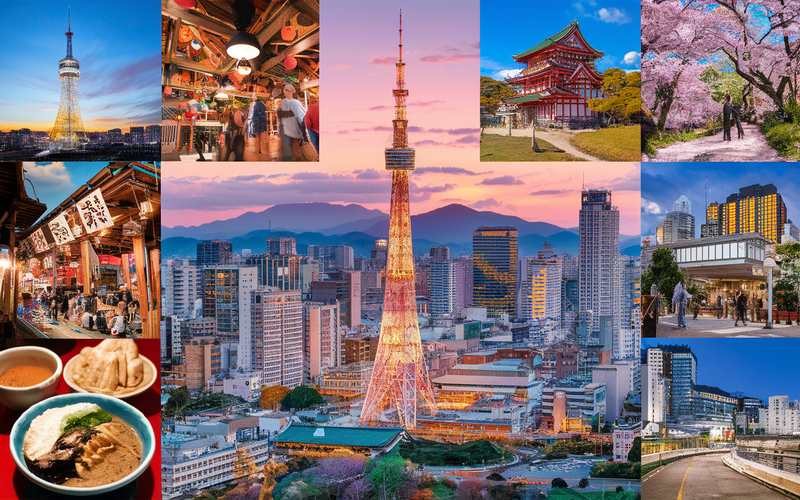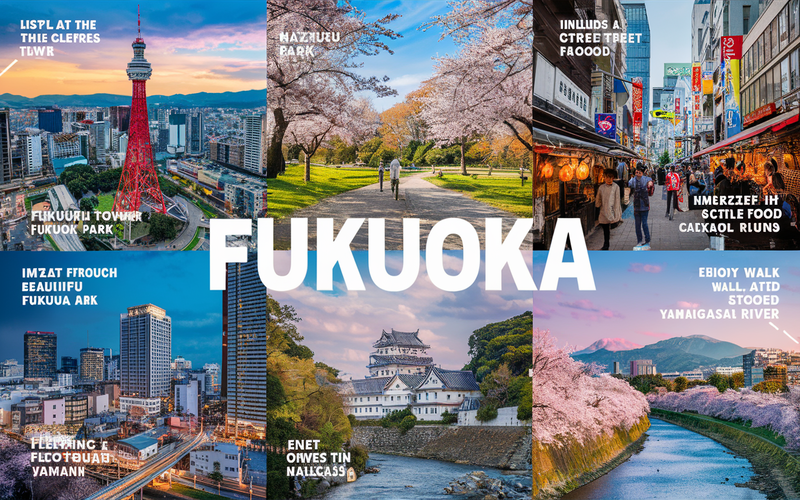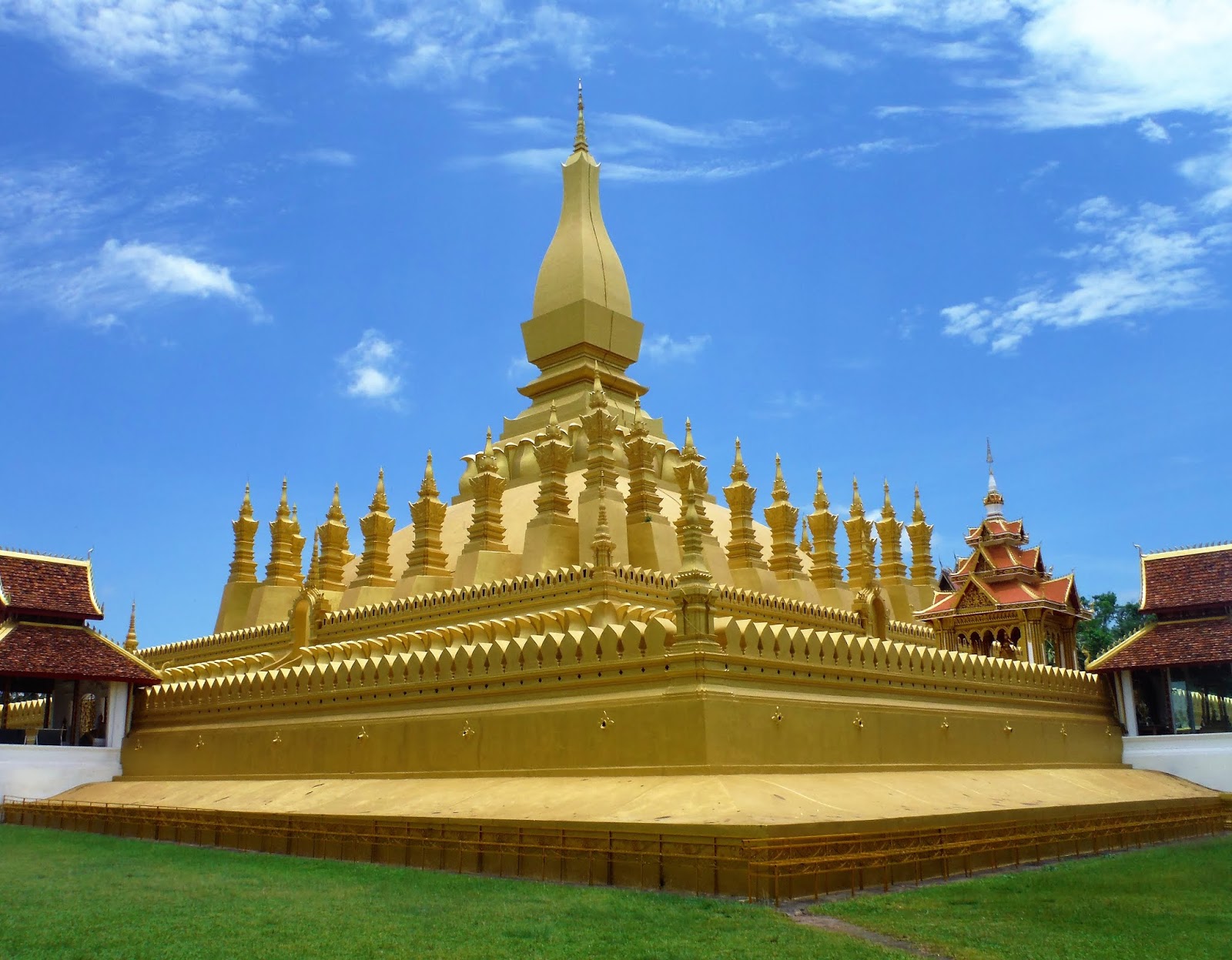Plan Your Travel To Japan
Japan Travel Essentials
Ideal Duration: 8 - 12 days
Currency: Japanese Yen (JPY)
Best Time: March - May Read More
Budget: Moderate
"Home To Great Architecture & Great Food"
Japan Tourism
Japan, a land of timeless traditions and modern marvels, offers a captivating journey through history and innovation. Tokyo, its bustling capital, boasts futuristic skyscrapers, ancient temples, and vibrant neighborhoods. Explore Kyoto's serene temples, geisha culture, and picturesque gardens. Japan's natural beauty is on display in places like Mount Fuji, cherry blossom-filled parks, and tranquil hot springs (onsen). Savor sushi and ramen, and witness traditional tea ceremonies and sumo wrestling. With its efficient transportation, impeccable manners, and a deep appreciation for nature and culture, Japan offers a unique blend of the ancient and the contemporary, making it an irresistible destination for travelers.
Must Know Before You Travel to Japan
- Visa Requirements: Check Japan's visa requirements based on your nationality and travel purpose.
- Language: While many signs have English, learning basic Japanese phrases can be helpful.
- Currency: The currency is Japanese Yen (JPY), so carry enough cash as some places may not accept cards.
- Transportation: Japan has an efficient and extensive rail network; consider purchasing a Japan Rail Pass for travel savings.
- Etiquette: Be respectful of local customs, like bowing and removing your shoes in certain places.
- Food: Japan offers diverse cuisine. Try sushi and ramen, and don't forget to sample street food.
- Safety: Japan is a safe country, but remain vigilant with your belongings.
- Seasons: Japan has distinct seasons; plan your trip based on the weather and seasonal attractions.
- Hot Springs: Experience an onsen, a traditional Japanese hot spring.
- Cultural Sites: Explore historic temples, shrines, and castles.
Tourist Places to Visit In Japan
Tokyo
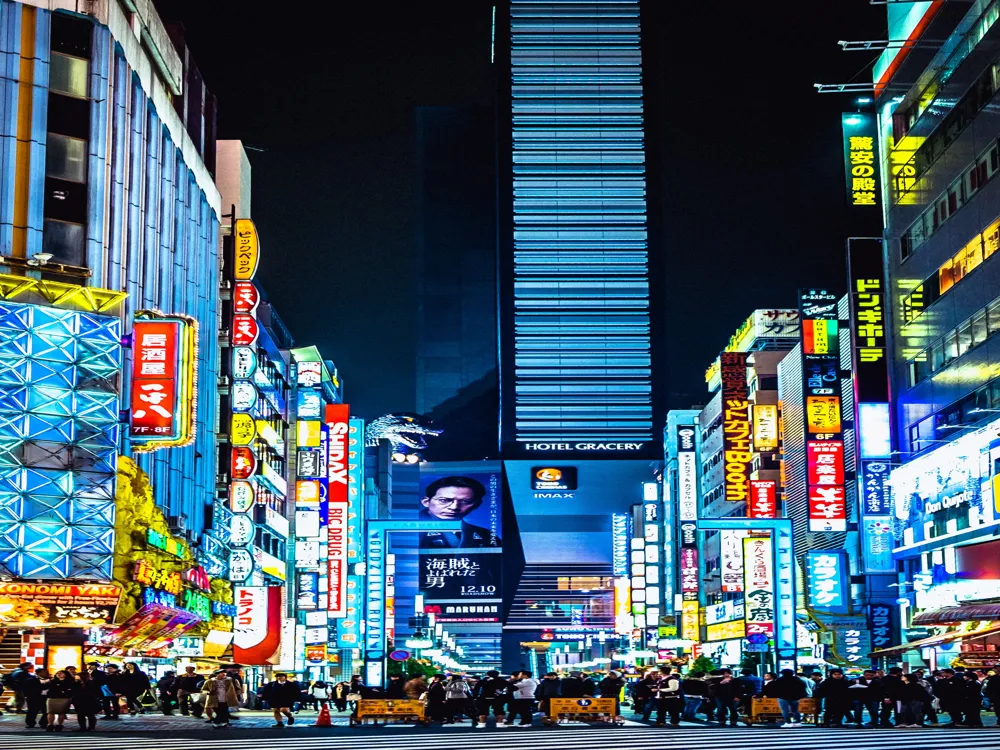
Osaka
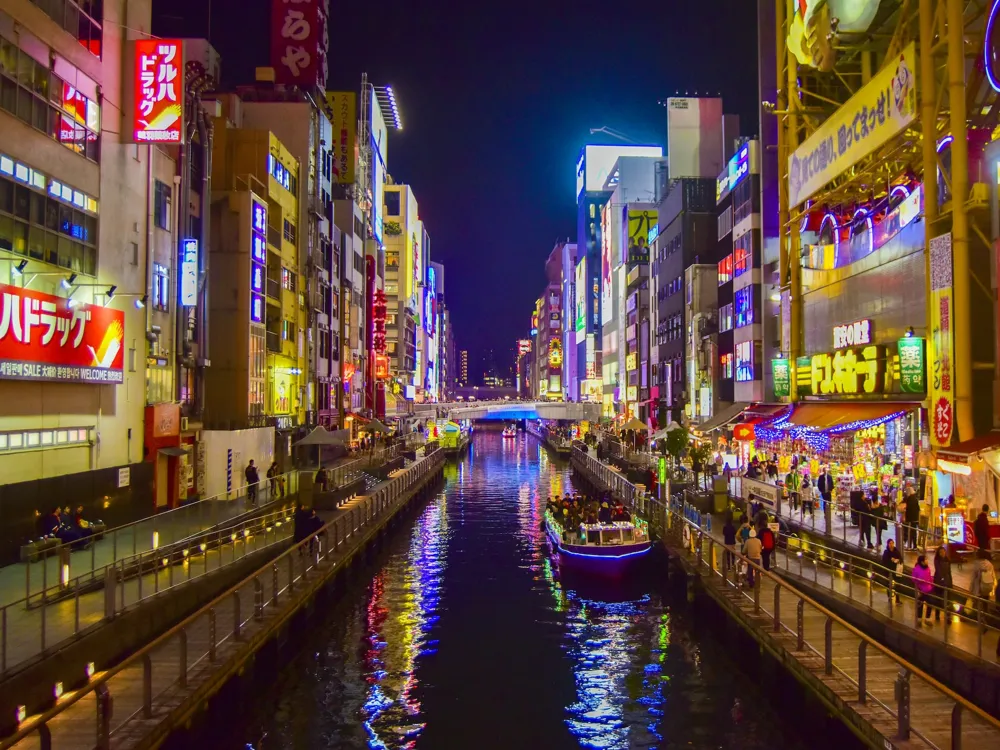
Nagoya
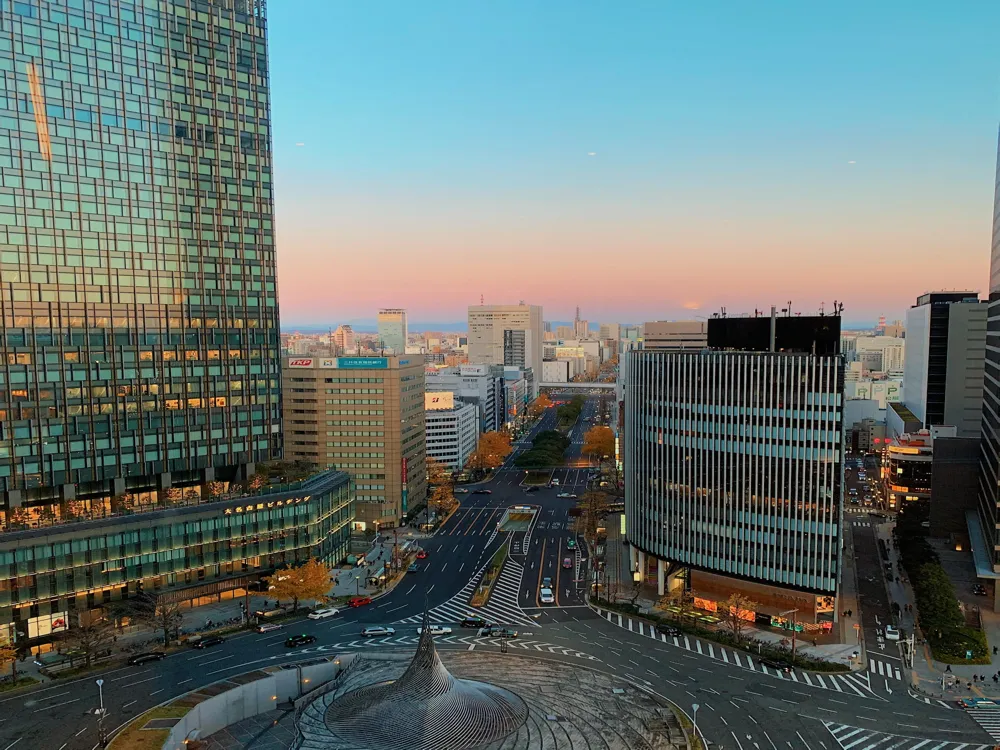
Japan Travel Packages
Compare quotes from upto 3 travel agents for free
View All Packages For Japan
More on Japan Travel
All collections about Japan
Best time to visit Japan
The best time to travel to Japan is now. There is hardly much rain during this late spring season. This time of year has clear, beautiful sky and warm temperatures. Blooming cherries are a Additionally, everything is in bloom, which makes it an even more lovely time to come. Additionally, everything is in bloom, which makes it an even more lovely time to come.
Top Stories about Japan Tourism
Read More on Japan Travel
Exchanging money in Japan:
When visiting Japan, exchanging money is essential. The local currency is the Japanese yen (JPY), and it's widely used. Major airports and banks offer currency exchange services. ATMs are prevalent, but not all accept foreign cards, so look for international-friendly ones. Credit cards are commonly accepted in cities, but it's wise to carry cash in rural areas. Be mindful of exchange rates and fees. Consider a prepaid travel card for convenience. Japan's cash-driven culture makes it vital to have yen on hand, especially for small businesses and local markets.
Nightlife in Japan:
Japan's nightlife is vibrant and diverse. Cities like Tokyo and Osaka come alive after dark. Explore the bustling streets filled with neon signs, bars, and clubs. Karaoke is a favorite pastime, and themed bars offer unique experiences. The traditional izakayas serve local cuisine and drinks. Experience the serenity of lantern-lit alleys in Kyoto. Night markets and street food vendors offer tasty treats. Be sure to respect local customs, as etiquette is important in Japanese nightlife.
Shopping in Japan:
Japan is a shopping paradise for both traditional and contemporary items. Tokyo's districts like Shibuya and Akihabara offer the latest electronics and fashion. Kyoto presents traditional crafts and textiles. Explore the bustling markets, where you can find unique souvenirs and local delicacies. Don't forget to experience the depachika, the basement food floors in department stores, offering a wide array of Japanese and international cuisine.
Festivals in Japan:
Japan hosts a plethora of festivals celebrating its rich culture and traditions. Cherry Blossom Festivals (Hanami) are famous, transforming parks into a sea of pink and white. Summer features lively festivals (Matsuri) with parades, fireworks, and traditional performances. Obon in August honors ancestors, while Gion Matsuri in Kyoto is a historic spectacle. Autumn brings beautiful foliage and cultural events. Winter illuminations and Christmas celebrations add a unique touch. Don't miss out on these vibrant and symbolic celebrations.
Hygiene in Japan:
Japan is known for its impeccable hygiene standards. The country maintains clean streets, public spaces, and efficient waste disposal systems. Public restrooms are generally well-maintained and stocked with essential supplies. It's customary to remove your shoes when entering homes and some traditional establishments, so keep your socks clean. Japan's culture places high importance on cleanliness and personal hygiene. Always carry a small hand sanitizer and use it discreetly, as public hand-washing may be limited. It's essential to respect these norms to blend in seamlessly and show cultural awareness.
Tips for visiting Japan:
When visiting Japan, it's important to embrace the country's unique customs and traditions. Bowing is a common form of greeting. Removing your shoes before entering homes and some restaurants is a sign of respect. Be mindful of noise levels in public places, as Japanese society values tranquility. Tipping is not customary and can even be seen as rude. Learn basic Japanese phrases, but most locals appreciate efforts to communicate, even with limited language skills. Always carry cash, as some places do not accept cards, and be punctual, as timeliness is highly valued in Japan.
Foods of Japan:
Japanese cuisine is renowned for its diverse and delicious offerings. Sushi, sashimi, and tempura are popular choices. Ramen and udon noodles are savory comfort foods. Don't miss out on the traditional tea ceremony and the world of matcha. Street food stalls offer mouthwatering takoyaki (octopus balls) and yakitori (grilled skewers). Izakayas are perfect for trying a variety of small dishes and sake. Japanese desserts like mochi and taiyaki are sweet treats to savor. Explore local markets and sample seasonal specialties to fully immerse yourself in Japan's culinary delights.
Photos of Japan
All Country Photos Japan
Popular Questions And Answers on Japan
What are the must-visit tourist attractions in Japan?
Some of the must-visit attractions in Japan include Tokyo's historic temples, Kyoto's traditional culture, Hiroshima's Peace Memorial Park, and the natural beauty of Mount Fuji.
What is the best time to visit Japan?
The best times to visit Japan are spring (March to May) for cherry blossoms, and autumn (September to November) for pleasant weather and colorful foliage.
What is the currency in Japan, and how can I exchange money?
Japan's currency is the Japanese Yen (JPY). You can exchange money at airports, banks, and currency exchange offices.
Is it essential to learn some Japanese phrases before visiting Japan?
While many Japanese people don't speak fluent English, basic Japanese phrases can be helpful. However, you can get by in major cities with English signage and some English-speaking locals.
What is the transportation like in Japan?
Japan has an efficient and extensive transportation network, including the famous Shinkansen (bullet trains), subways, buses, and taxis. The Japan Rail Pass is convenient for tourists.
Is it customary to tip in Japan?
Tipping is not a common practice in Japan and can even be considered rude. Exceptional service is expected as part of the standard service.
Are there any cultural etiquettes I should be aware of in Japan?
Bowing is a common greeting, removing shoes before entering homes and some restaurants is customary, and silence on public transportation is expected.
What are some popular Japanese dishes I should try?
Sushi, sashimi, ramen, tempura, and okonomiyaki are some popular Japanese dishes to try. Don't forget to experience a traditional tea ceremony as well.
How safe is Japan for travelers?
Japan is considered one of the safest countries for travelers. Crime rates are low, and it's generally safe to walk around even at night.
Can you recommend some unique cultural experiences in Japan?
Some unique experiences include staying in a ryokan (traditional Japanese inn), participating in a tea ceremony, witnessing a sumo wrestling match, and exploring the historic Geisha culture in Kyoto.

